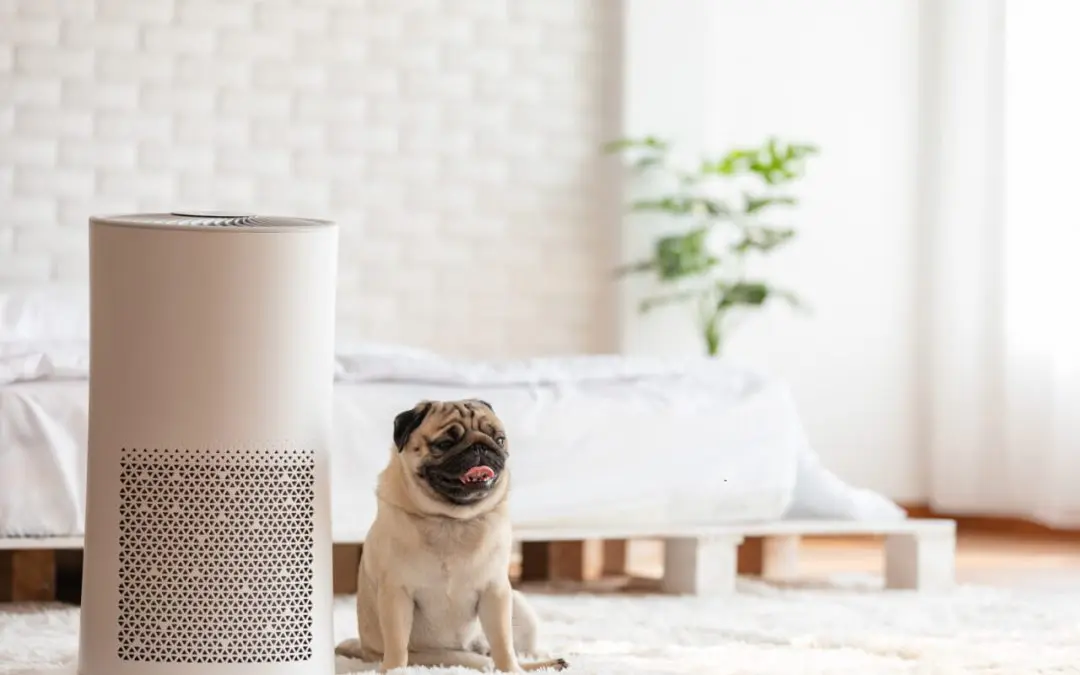Cooler weather has arrived, and thankfully, modern homes are well-sealed to retain warmth. Airtight homes are efficient for maintaining temperature, but they can lead to a buildup of dust, pet dander, and other contaminants. Here are a few practical steps homeowners can take to improve indoor air quality during fall and winter.
Ways to Improve Indoor Air Quality at Home
1. Boost Ventilation
In the fall and winter months, it’s common for windows to remain closed to keep warmth inside. However, it’s helpful to allow fresh air to circulate. Make it a habit to open windows occasionally, even briefly. This simple act boosts airflow and exchanges stale indoor air with cleaner, fresher air from outside.
2. Use an Air Purifier to Improve Indoor Air Quality
Invest in an air purifier. These appliances filter dust, mold, pet dander, allergens, and other pollutants, enhancing the overall air quality indoors. Look for high-efficiency particulate air (HEPA) filters to capture the smallest particles and allergens.
3. Control Indoor Humidity
Maintaining the right level of humidity is essential. Excessive moisture fosters mold and mildew growth, while dry air may lead to respiratory issues. Use a humidifier in dry conditions and a dehumidifier in damp areas to balance the humidity levels in your home.
4. Regular Housecleaning
Regular cleaning is an effective way to improve air quality. Dusting, vacuuming, and mopping floors remove allergens and dust particles that accumulate over time. Pay close attention to often-neglected areas, such as behind furniture and under rugs.
5. Incorporate Indoor Plants
Introducing indoor plants enhances the aesthetics of your home and helps purify the air. Plants like spider plants, peace lilies, and snake plants are known for their air-purifying properties, absorbing toxins and producing oxygen.
6. Improve Indoor Air Quality: Avoid Harsh Chemicals
Many commercial cleaning products and air fresheners contain harsh chemicals that can affect indoor air quality. Opt for natural or eco-friendly cleaning solutions free from volatile organic compounds (VOCs). They are safer for the environment and your indoor air.
7. Monitor the HVAC System
Regular maintenance of your heating, ventilation, and air conditioning (HVAC) system is vital for good indoor air quality. Change air filters as the manufacturer recommends – usually every 30 to 90 days – to prevent the buildup of dust and allergens in the system.
By adopting these practices, homeowners significantly improve the air quality during the colder months. These straightforward steps contribute to a healthier living environment and create a more comfortable and pleasant atmosphere inside the home.
Veterans First Home Inspections provides inspections for customers in the Washington, DC, area. If you’re buying or selling a home, contact us to request our services.

